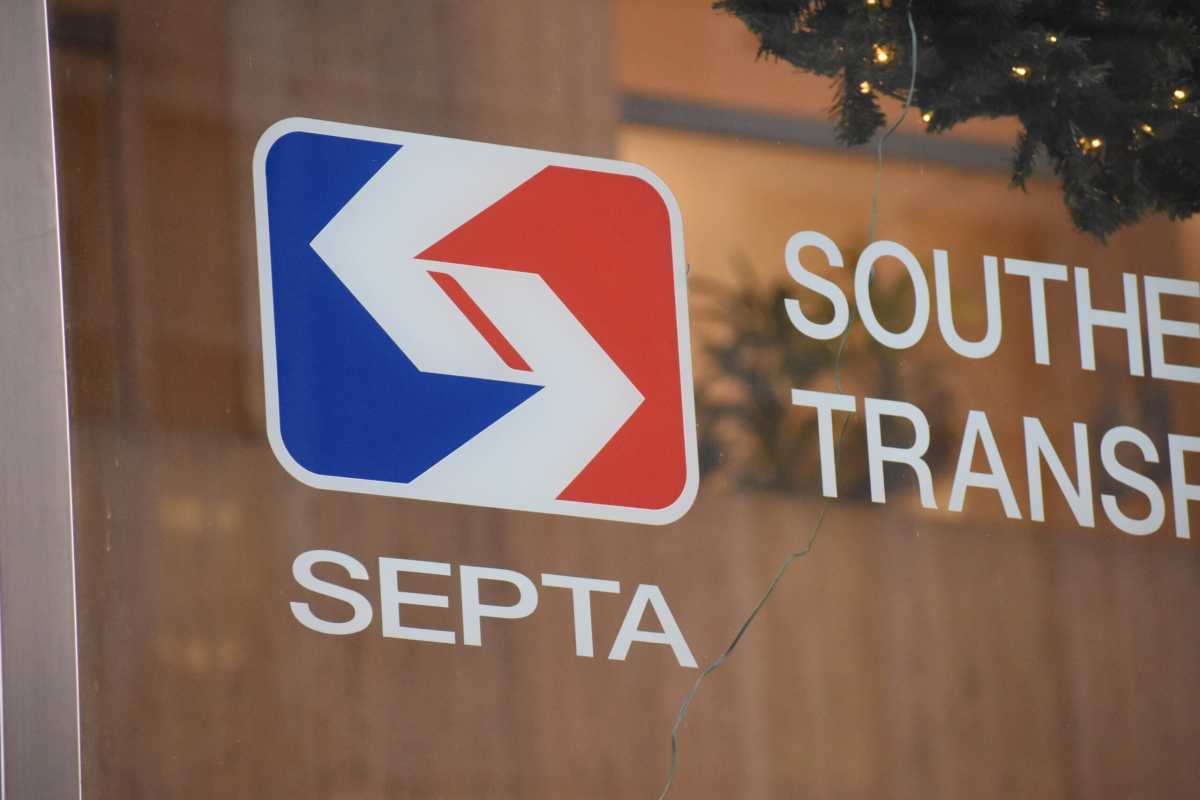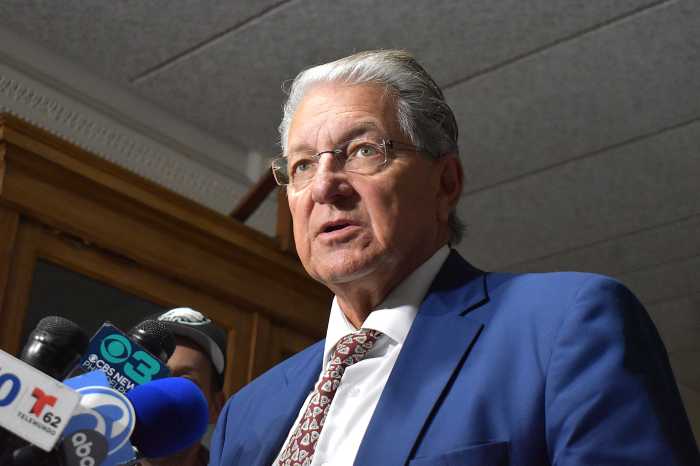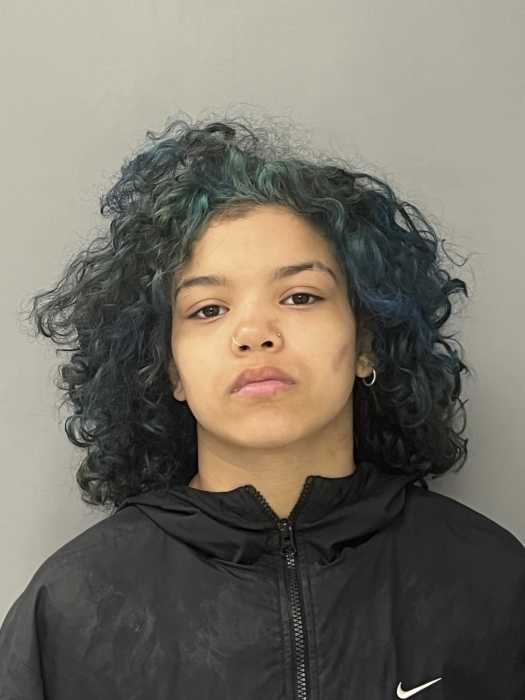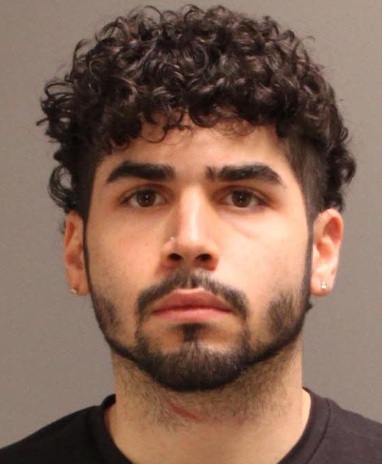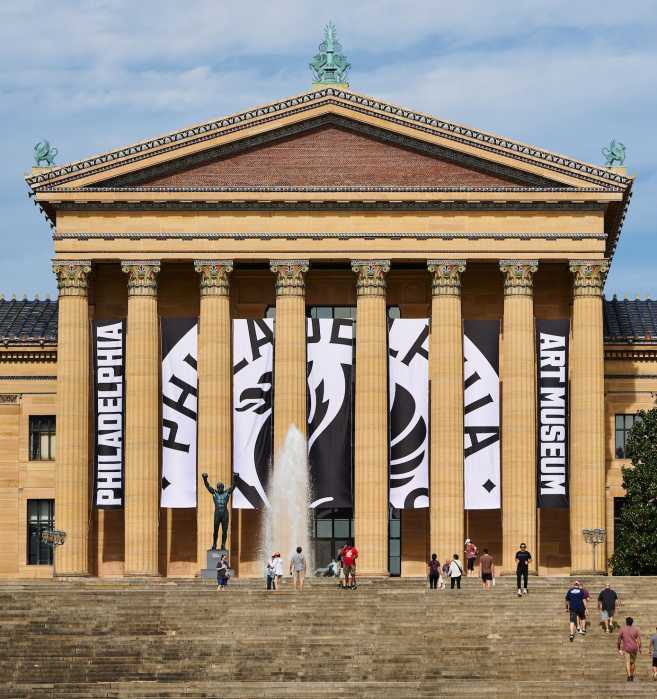SEPTA’s leadership is proposing a $1.74 billion operating budget focused on security, cleanliness and operational safety.
And the authority’s capital spending plan would devote $922.8 million – and $14 billion over 12 years – to replace vehicles, modernize the region’s trolley network, make stations accessible and address deferred maintenance.
The vision of SEPTA’s administrators, though, will mean little if lawmakers in Harrisburg do not approve Democratic Gov. Josh Shapiro’s proposal to devote hundreds of millions of dollars more to public transit annually.
SEPTA’s budget proposal is contingent on the additional funding. Without the money, the authority would face a “fiscal cliff” that would result in painful service cuts and fare increases, officials have said.
Lobbyists, SEPTA board members and others affiliated with the authority have been traveling to the state capitol to advocate for the divided legislature to support Shapiro’s plan, spokesperson Andrew Busch said.
If approved, the funding formula for transit agencies would include a higher percentage of state tax revenue, sending an estimated $161 million to SEPTA in the coming year. It would also trigger matching increases from the city and surrounding county governments.
“I think, from what they’re hearing so far, they’re getting good feedback,” Busch told Metro. “That said, we know we still have a ways to go before getting a vote and hopefully getting this into place.”
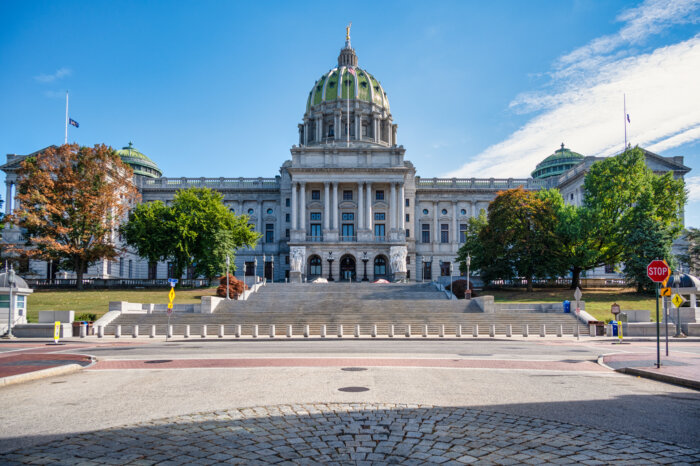
The fiscal cliff is approaching because federal COVID-19 relief funding has stopped flowing, and SEPTA’s ridership is down 30% compared to pre-pandemic numbers. The authority is projecting that 82% of riders will return to public transit by 2029.
Budget documents released this week shows that Washington, D.C., sent about $348 million to support SEPTA’s operations – covering about 20% of costs in the current fiscal year, which ends in June.
For the fiscal term beginning in July, that federal funding is dropping to $56.8 million, which is more in line with pre-COVID totals.
No fare adjustments are planned this year, but SEPTA leadership said in financial documents that they plan to introduce an increase next year.
Hikes were halted as a result of COVID-19 and have not been implemented since 2017. SEPTA previously increased fares between 7% and 9% every three years, and the authority intends to return to that schedule beginning next summer, Busch said.
Riders hopping turnstiles and otherwise avoiding payment costs SEPTA an estimated $30 to $40 million a year – more than 10% of the total revenue generated by fares, according to financial documents.
In an attempt to crack down on fare evasion, the authority recently replaced turnstiles with full-length gates at 69th Street Transportation Center. Assuming the devices reduce evasion, SEPTA plans to install them at more stations in the coming year, officials said.
Shapiro, during his budget address, indicated that his proposed transit funding boost was predicated on SEPTA addressing issues around safety and cleanliness.
SEPTA’s spending plan incorporates funding to hire 40 new transit police officers and add 100 people to its restructured cleaning department.
Last week, the authority reported that, despite a series of high-profile shootings, serious crimes have dropped 45% on the system in the first three months of the year, compared to the same period in 2023. Robberies dropped from 102 to 34, according to SEPTA.
The budget funds the hiring of 30 professionals for the authority’s System Safety Department, which trains operators, conducts inspections and investigates accidents. The investment is partially a response to a series of crashes last summer that drew the attention of federal safety regulators.
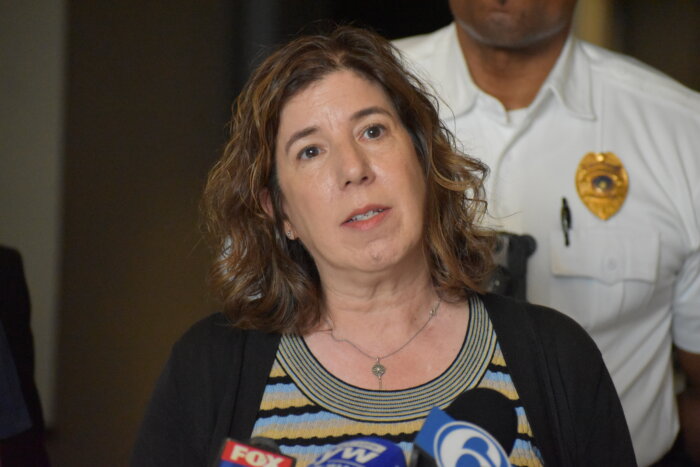
SEPTA’s capital budget, which funds long-term projects, is buoyed by an extra $100 million a year and ample grant funds, all from the federal Bipartisan Infrastructure Law. But the authority’s deferred maintenance costs total more than $5 billion.
“Despite higher-than-ever funding levels, SEPTA remains significantly below peer regions in annual transit capital investment,” General Manager and CEO Leslie Richards said in a statement. “Additional local funding is needed as a match on the highly competitive federal grant opportunities that are available through” the infrastructure act.
A $317 million federal grant was awarded to the authority in February to help pay for the replacement of Market-Frankford Line train cars. SEPTA is also devoting money to purchase new Broad Street Line and Regional Rail vehicles.
SEPTA revealed last week that it terminated a contract with CRRC, a Chinese company that signed a $185 million deal in 2017 to manufacture 45 multi-level Regional Rail cars.
Busch said the authority is trying to recoup the more than $50 million it has spent on the contract and intends to reallocate the remaining funding to other Regional Rail projects. The dual-level cars were meant to add to SEPTA’s fleet, not replace aging vehicles, he added.
The capital spending plan incorporates $185.8 million over the next year for Trolley Modernization, a multi-year, nearly $2 billion initiative to replace vehicles, overhaul stations and build a new maintenance facility to make the trolley netork accessible and improve the rider experience.
Currently, 61% of trolley, BSL and MFL stations are fully accessible for people with disabilities; SEPTA’s goal is to reach 100% of stations through a series of projects by 2036, officials said.
The budget also proposes $36 million for self-propelled vacuum trains to clean rail tunnels and $5 million for 2026 preparations, when Philadelphia will host World Cup matches, the MLB All-Star Game and activities for the nation’s 250th birthday.
Riders will have the opportunity to provide feedback on the authority’s operating budget during meetings at 11 a.m. and 5 p.m. on May 20 and 10 a.m. and 4 p.m. on May 21. Hearings on the capital plan will be held at 10 a.m. and 4 p.m. May 22. Residents can attend the sessions in-person at SEPTA’s headquarters (1234 Market St.) or virtually through WebEx.
SEPTA’s board is set to consider the proposed budget at its June 27 meeting. For more information, go to septa.org.



